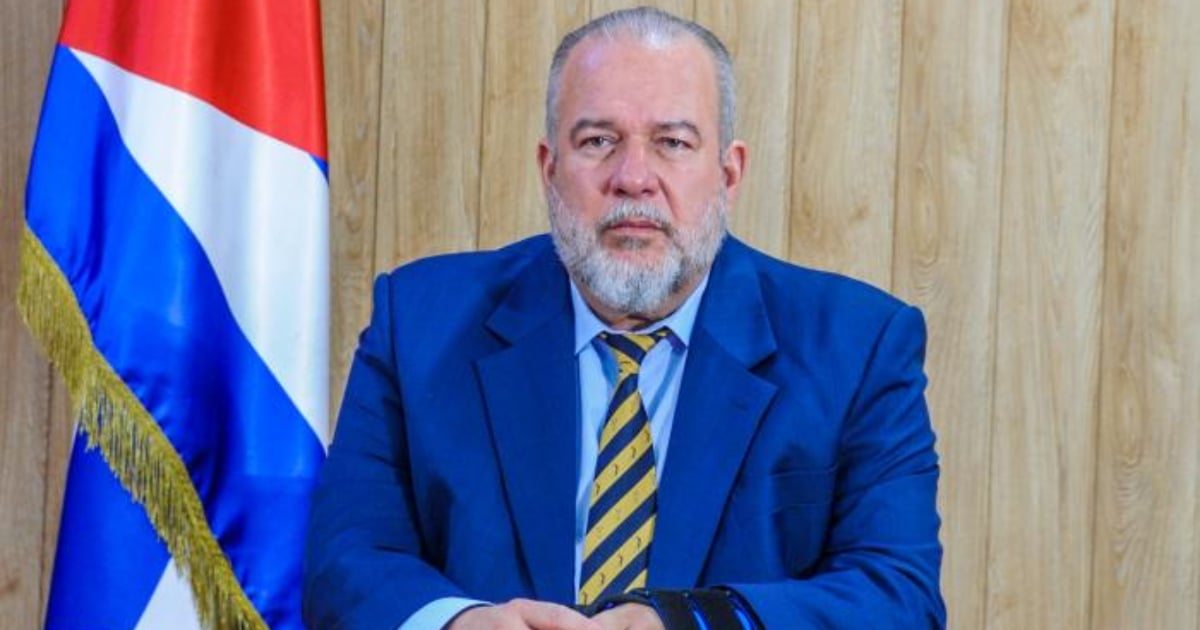The Cuban government is forecasting another substantial budget deficit for 2025, akin to this year's and the previous two years' shortfalls. On Wednesday, Prime Minister Manuel Marrero revealed that the expected deficit is estimated at 88.5 billion Cuban pesos, which equates to approximately 3.6875 billion dollars at the official exchange rate for legal entities.
Marrero made this announcement during a session of the National Assembly of People's Power (ANPP), where lawmakers are set to vote on the proposed Budget Law for 2025. The projected figure of 88.5 billion pesos represents 60% of the budget plan and accounts for 98.2% of the estimated 2024 deficit.
According to Marrero, the provinces of Havana, Mayabeque, Matanzas, and Villa Clara are ending the year with budget surpluses, meaning they do not have a deficit. Together, these provinces comprise 55 municipalities. Compared to 2023, this marks an increase of two provinces and 20 municipalities achieving surplus status.
Last week, during the plenary session of the Communist Party's Central Committee, Marrero hinted that this year's deficit would ultimately be around 90 billion pesos, which is 57 billion less than initially anticipated. On that occasion, the prime minister acknowledged that even a year after implementing measures to rectify distortions and revitalize the economy, the expected outcomes have not been realized.
Marrero admitted that Cuba's economy continues to grapple with significant challenges, particularly in areas such as fiscal policy, the development of state-owned socialist enterprises, and national production. The latter is hampered by shortages of raw materials, fuel, and energy. Moreover, the sugar harvest, a crucial economic sector, yielded especially disappointing results.
Other critical issues for the population, such as price stabilization, subsidy reduction, and tax regulation, have seen limited success from the measures taken thus far.
Frequently Asked Questions about Cuba's Economic Challenges and Budget Deficit
What is causing Cuba's ongoing budget deficits?
Cuba's budget deficits are largely attributed to economic mismanagement, shortages of essential supplies, and inefficiencies within the state-controlled sectors. External factors, such as international sanctions, also play a role.
How are provinces like Havana achieving a budget surplus?
Havana and other surplus provinces have managed their resources more efficiently and may have benefited from local economic activities and better fiscal policies compared to other regions.
What impact do budget deficits have on the Cuban population?
Budget deficits can lead to reduced public services, increased taxation, and inflation, which directly affect the standard of living and economic stability for the Cuban people.
What measures has the Cuban government taken to address these economic issues?
The government has attempted to implement economic reforms aimed at improving fiscal policy, reducing subsidies, and enhancing the efficiency of state enterprises, though with limited success so far.
